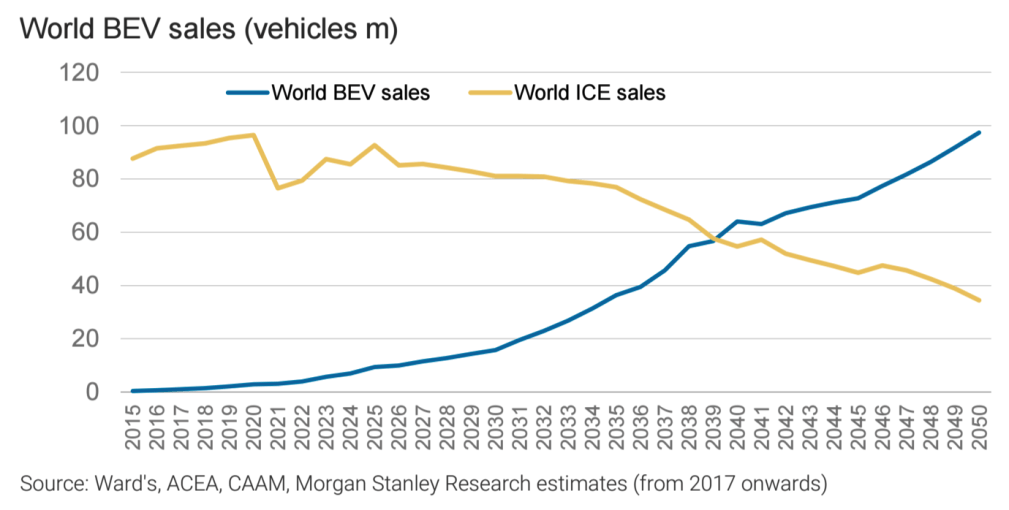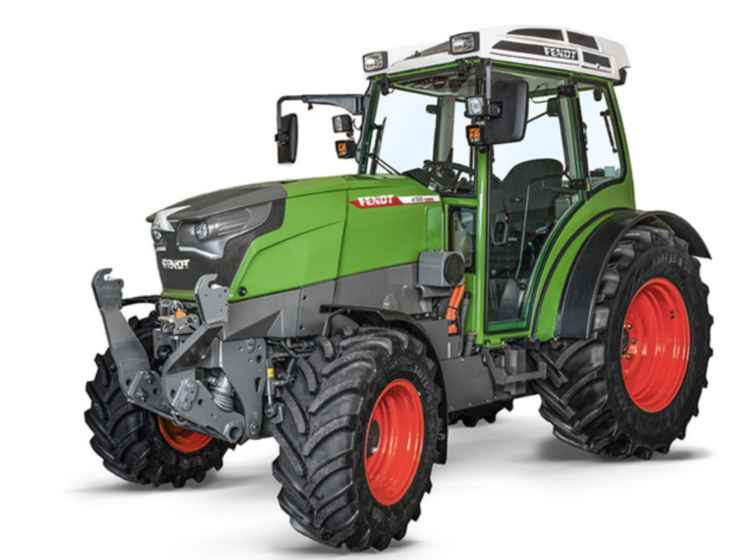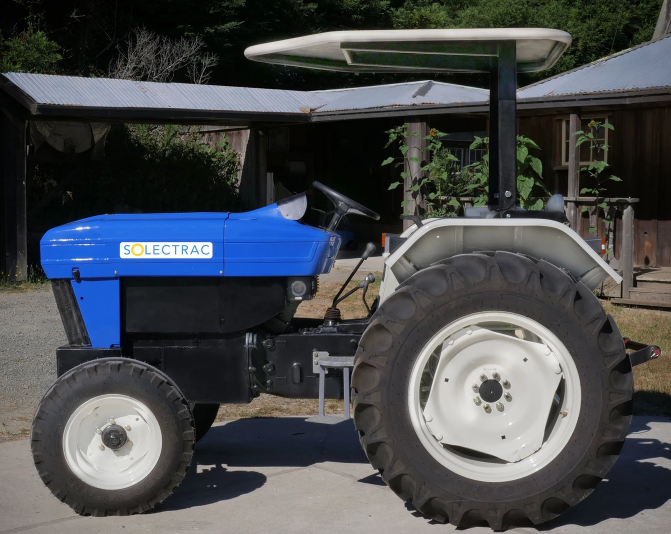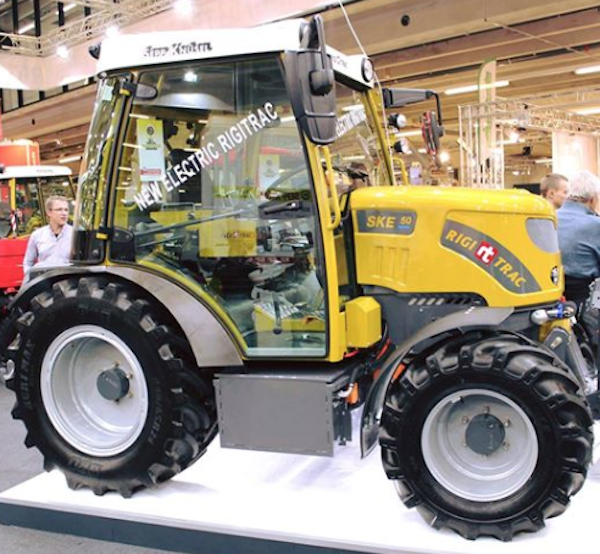Source: Janzen Ag Law
The automotive industry is undergoing the most radical transformation since people sold their horses and carriages and purchased automobiles. Almost every automaker is investing billions of dollars to develop and market all-electric vehicles (EVs). Consider this: Volkswagen, the world’s largest carmaker, announced that its last generation gasoline and diesel internal combustion engines will be released in 2026.
The transformation is happening at lightning speed. Tesla, which barely existed 10 years ago, had the best-selling luxury car in 2018, the all-electric Model 3. Other automakers are scrambling to bring EVs to market. Morgan Stanley analysts predict by 2040 EVs will overtake internal combustion vehicles in worldwide sales.

In China, the transition is happening even faster. BYD, an electric car company most Americans have never heard of, is already churning out 30,000 EVs each month. Its owner predicts that China will turn off its last internal combustion vehicle by 2030.
The ag equipment industry, by contrast, does not appear to be investing billions into transitioning much of existing gas and diesel equipment to electric power. Here are the few examples I’ve found that exist today.

AGCO’s Fendt offers an electric utility tractor with 100kWh battery that offers 5 hours of use without recharging. This machine appears to be the only all-electric tractor on the market from a major farm equipment manufacturer. 100kWh is the same battery size as the longest range Teslas, which are limited by size and weight. A tractor could hold more, but Fendt is tiptoeing into the market.
John Deere (of France) built a larger prototype electric tractor with 130kWh battery that made 402hp. The tractor was never commercially sold and existed only as a concept, from what I can tell. Deere of Germany also produced a corded electric tractor that apparently produces 400hp, but it is, of course, permanently tethered to a power source. This too is a concept.

There are other manufacturers with smaller machines in pipeline. Swiss manufacturer Rigitrac has a utility tractor with a 80 kWh battery. Solectrac, a north American startup, builds small electric tractors with 30kWh batteries that it claims offer 25 hp. Farmtrac, an Indian company, also offers a small utility all-electric tractor.
We are also starting to see electric riding lawn mowers and other power equipment, but otherwise farmers looking for the Tesla-of-farm-machinery really do not have many options.

There are obvious hurdles to overcome when adopting electric drivetrains to agricultural equipment, such as range and cost. But there are also advantages that are obstacles with passenger cars, such as the inability to interchange batteries. Weight is also a factor for passenger vehicles, but not so much for farm equipment.

The ag tech industry prides itself on being ahead of the curve in many ways, but from my standpoint, when it comes to electric power, the ag industry is way behind the trend.
If you know of another manufacturer with an electric tractor on the market now or soon, please post a link in the comments below.



![[Technology Corner] Autonomy & Robotics Take Center Stage](https://www.precisionfarmingdealer.com/ext/resources/2026/01/12/Autonomy--Robotics-Take-Center-Stage.webp?height=290&t=1768253759&width=400)


